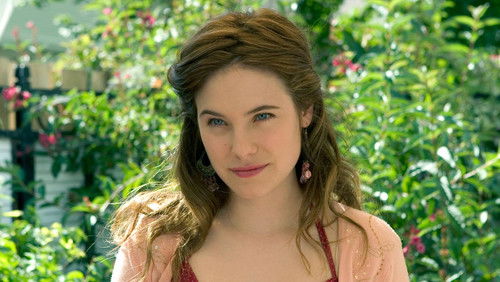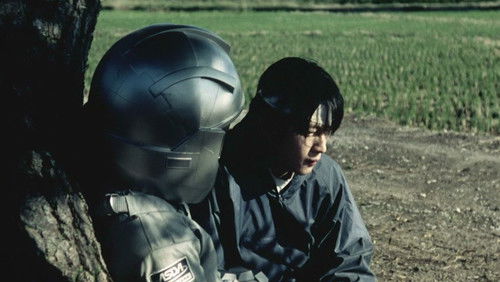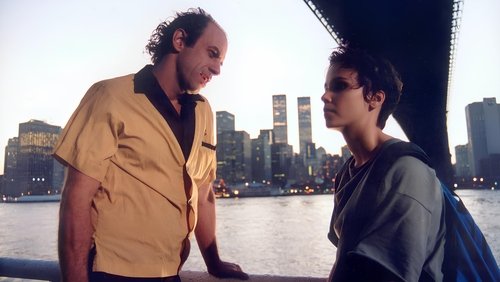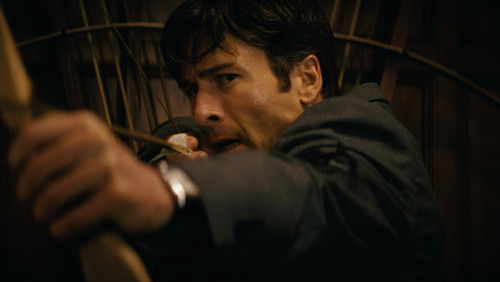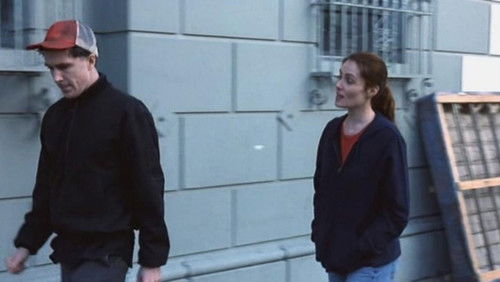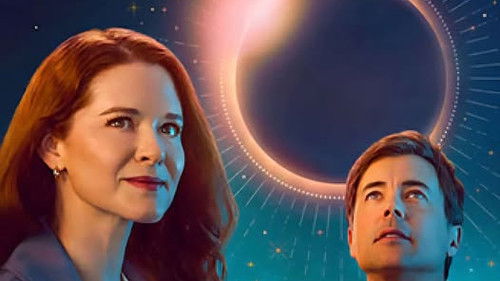Salomon und die Königin von Saba (1959)
38KSalomon und die Königin von Saba: Directed by King Vidor. With Yul Brynner, Gina Lollobrigida, George Sanders, Marisa Pavan. After becoming king of ancient Israel, Solomon faces threats coming from his jealous dispossessed brother Adonijah, the Egyptian Pharaoh and the scheming Queen of Sheba.
“Previous reviewers did not like this film, but it kept my attention to the end. Compared to other great biblical spectacles, this one has some true moments, due mainly to the strong cast and the directoru0026#39;s restraint. This was King Vidoru0026#39;s final film. Remember, he made u0026quot;The Great Parade,u0026quot;u0026quot;The Crowdu0026quot; and other early silent hits. What I liked about this film was Brynneru0026#39;s dignity and kingliness. For someone born a gypsy, Brynner had an innate aristocracy and gravitas; in any scene, he holds your attention and roots the action. And he could deliver the lines elegantly. Could you imagine Tyrone Power in this role? It would be a bit of fluff by comparison (remember him as the feckless husband in u0026quot;Witness for the Prosecutionu0026quot;?), or perhaps, one might say, Power would have been an equal to George Sandersu0026#39;surface play of the role. u003cbr/u003eu003cbr/u003eAnother thing going for the film is the consistent delivery of lines by all the actors. Most of the other players were English (Harry Andrews, David Farrar) or Italian (Lollobrigida, Pavan), or foreign, and that gave the dialogue a certain musicality. If all actors had been been u0026quot;amurican,u0026quot; the tone of the dialogue would have been flatter and much less interesting to listen to. Probably the weakest actor was Lollobrigida, with her masklike visage. She delivered her lines credibly, but there was really no frisson between her and Brynner, (certainly not as there was between Brynner and Deborah Kerr), so that the love scenes came across as a tad dull.u003cbr/u003eu003cbr/u003eAs for the combat and action scenes, Vidoru0026#39;s background in silents shows in the way he holds back with the soundtrack, even as horses, chariots and warriors are running headlong over a cliff. The final sword fight between the brothers was certainly no 10-minute u0026quot;Prisoner of Zendau0026quot;, but it was not the fighting itself that was important, but the confrontation between the brothers themselves, reliving the Caine and Abel tragedy. The director is presenting the story as a parable of a failed brotherhood (regardless of how it jives or not with the Biblical text or historical accuracy) that bows before allegiance to a single God and social covenants, so the action is on a straight and simple level that some viewers may find too simple. This sense of the parable guides the actorsu0026#39; delivery of their lines, all with a distinctly measured rhythm that some may consider artificial, and others elevating, as if it were verse.u003cbr/u003eu003cbr/u003enOne can compare Vidoru0026#39;s approach in this film with the many other Biblical spectacles before and after (such as u0026quot;David and Bathsheba,u0026quot; u0026quot;Ben Hur,u0026quot; even u0026quot;Spartacusu0026quot;), and this movie comes out very u0026quot;cleanu0026quot; in the battle scenes and refusal to focus on the blood and gore of battle. Vidoru0026#39;s pacing in the dialogue (not quite Shakespearean, but close to it) is consistent with the overall sense of restraint that he excercised. u003cbr/u003eu003cbr/u003eThe clarity of the filmu0026#39;s message is reinforced by the costumes, which are openly differentiated as to Egyptian or Israelite,making it easy to distinguish the sides in the battle scenes.u003cbr/u003eu003cbr/u003eOf five *****, three and a half, itu0026#39;s still worth watching as the swansong of one of Hollywoodu0026#39;s great directors.”


